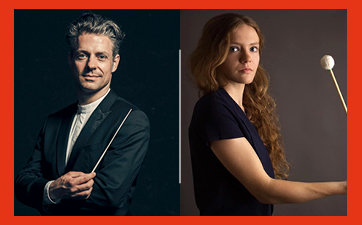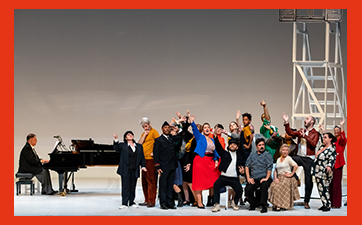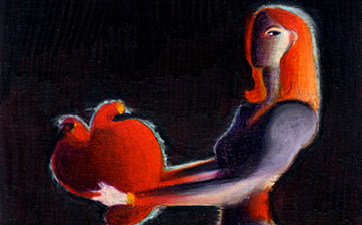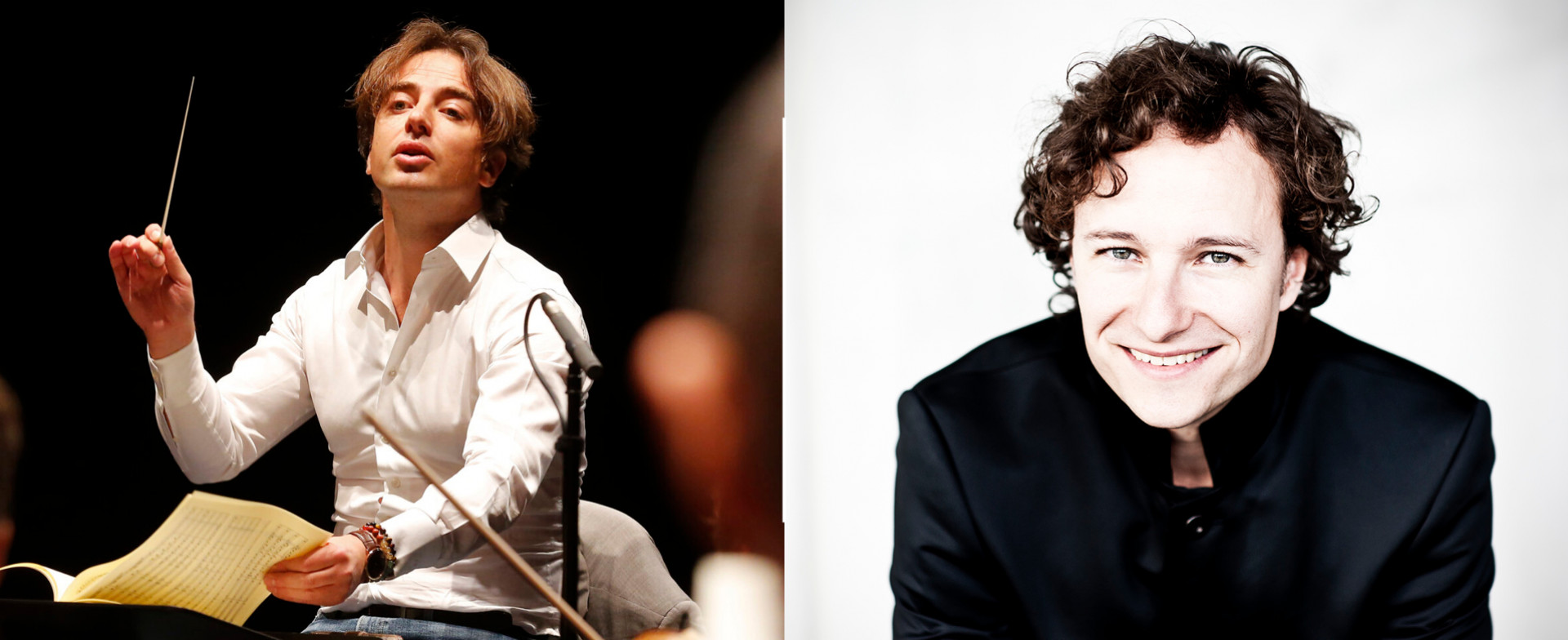Le Cercle de l’Harmonie
"Do you like Brahms?" Françoise Sagan once asked… We believe we have the answer, with these three magnificent scores from the composer who remains not only one of the most profound masters of melody, but also one of the most erudite composers in the history of music.
Written in 1873, the Variations on a theme by Haydn constitute, with their classical rigour, a powerful demonstration of technique that culminates with the imposing final Passacaglia. This formidable framework exemplifies the unquestionable Brahmsian brand, which erupts in the Symphony n° 3 (1873), with its Olympian first movement, the subtle modulations of the contemplative Andante, the timbre of the woodwinds, the irresistible melody of the third movement with its Hungarian accents, and the refined heroism of the Finale. As for the Concerto for piano n° 1, it disconcerted the public in 1859, but drew cries of admiration from Bruckner, which are now universally shared. Remarkably integrated with the orchestra, the solo part goes from vehement to lyrical in the first movement, spiritual and introverted in the Andante, in which one can glean a secret homage to Clara Schumann, and popular and dancing in the brilliant Finale. Young man "come from the North" in the eyes of the Schumann couple, the apprentice Brahms began with the stroke of a master.
Musical director Jérémie Rhorer
Le Cercle de l’Harmonie
Piano Martin Helmchen
Photo © Giorgia Bertazzi, Caroline Doutre
Johannes Brahms
Variations on a theme by Haydn, op. 56
Symphony n° 3 in F major, op. 90
Concerto for piano n° 1 in D minor, op. 15
Vous aimerez aussi

Dijon Bourgogne Orchestra
Fête de la musique 2024

Oh La La La!
Chœur de l'Opéra de Dijon & Chœur éphémère d'enfants

The Other voyage
Schubert


